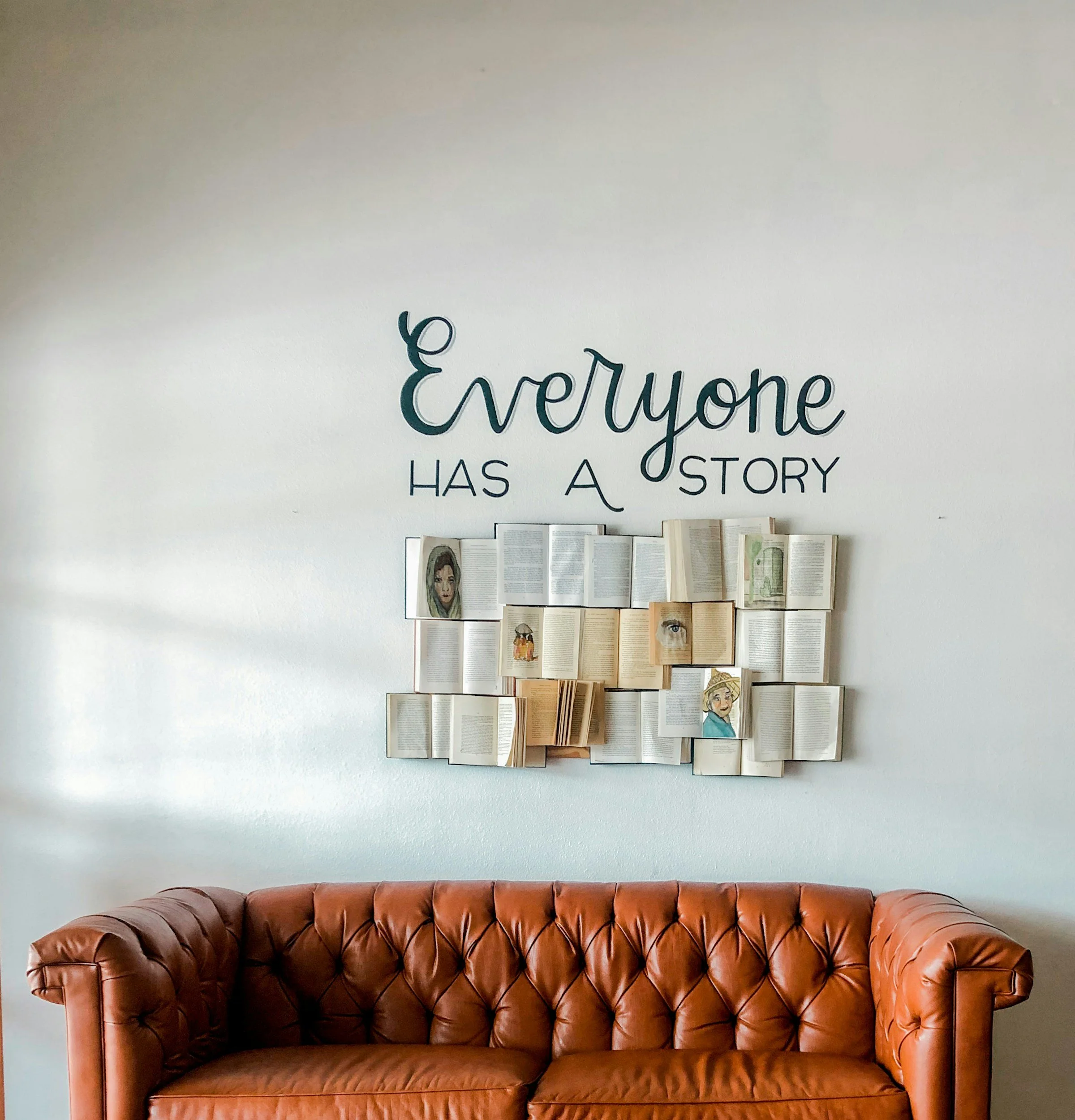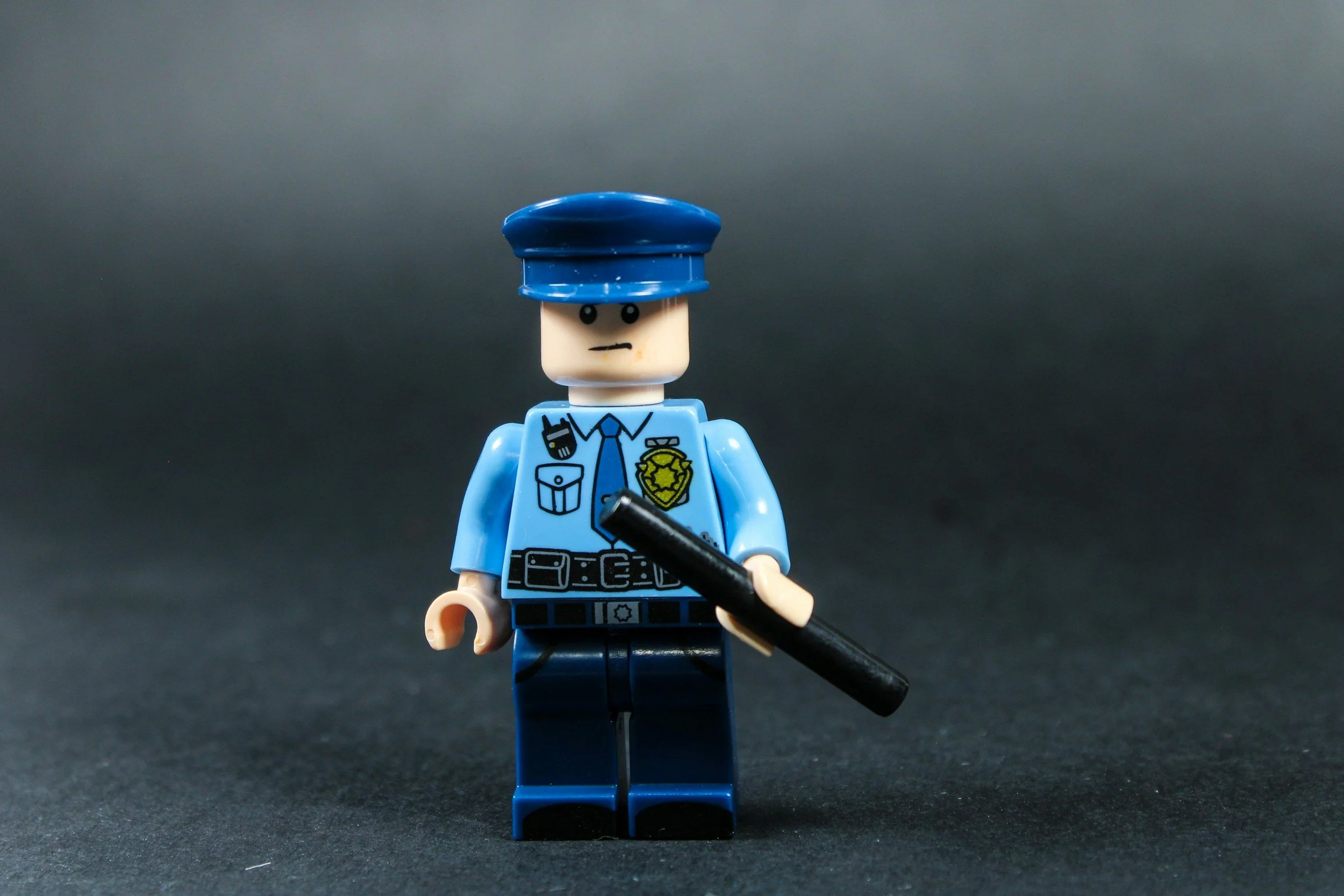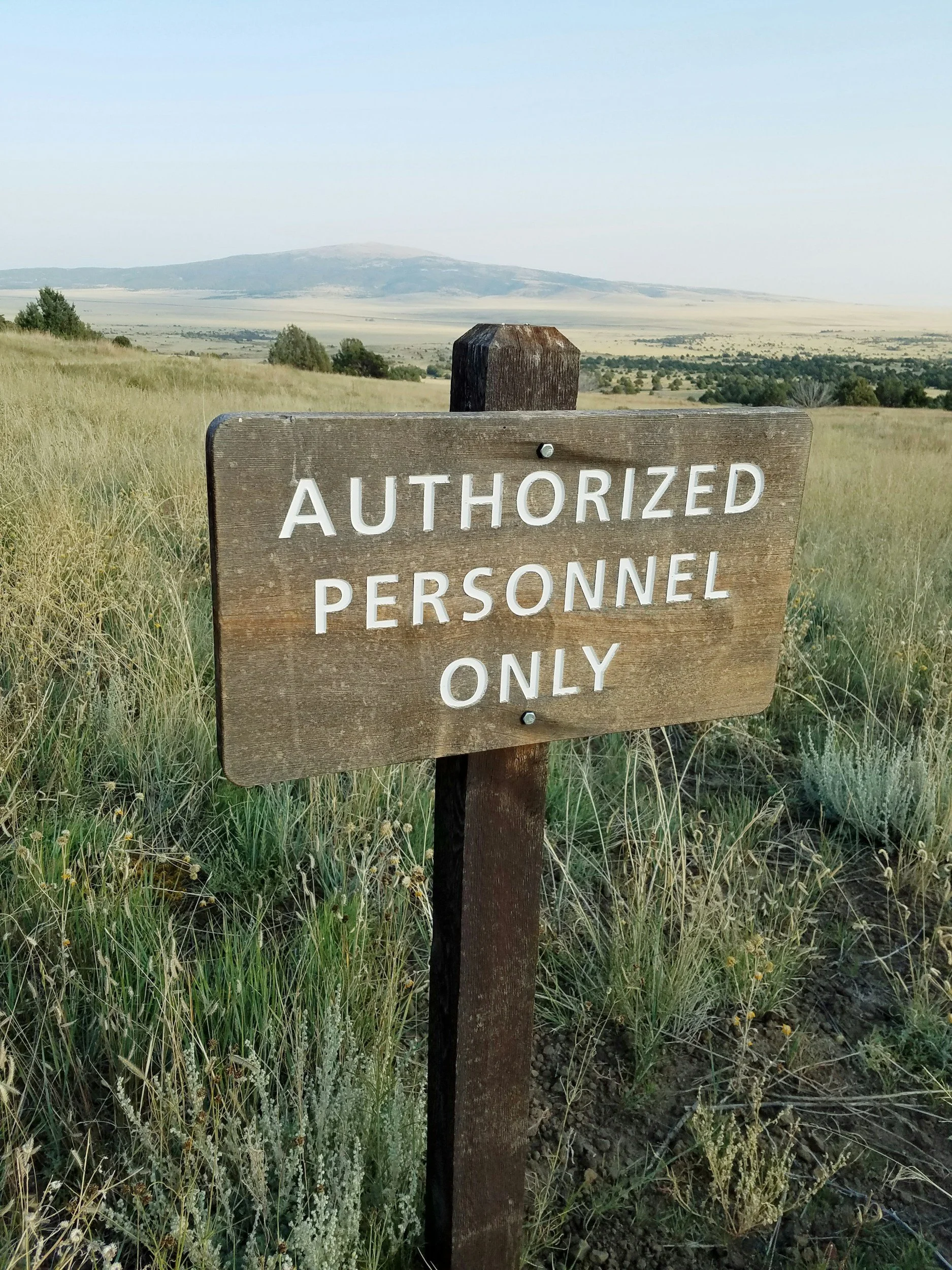TOOLS, STORIES, and MORE
“How Come He Doesn’t Want Me, Man?” — A Teen’s Story of Attachment, Abandonment, and the Patterns That Follow
When Jayden was thirteen, his world didn’t turn upside down all at once. It shifted gradually, small bit by small bit, like a slow erosion. His mom was rarely angry with him, but she was distant in ways he could never name. She didn’t yell. She didn’t hit. Most days she simply wasn’t there in the ways a parent needed to be — emotionally unavailable during his wins, indifferent when he was hurt, and always ready with a gentle dismissal when he tried to talk about anything that mattered. At first Jayden thought that was normal. He thought maybe she was tired, or that kids just didn’t get to be that close to their parents.
When he was five, his father left. There were a few visits — long car rides and promises of “we’ll do fun stuff this summer” — only for dad to cancel at the last minute each time. “Something came up,” he’d say. “You understand.” Jayden learned to nod and say yes because it hurt less to pretend he understood than to watch the car pull out of the driveway and disappear again. Weeks later he would catch himself whispering into his pillow, Why doesn’t he want me?
Making Crumbs Feel Like Care
She was fourteen when she realized she could rewrite the story.
Not on paper. In her head.
In her version, her parent was tired, not distant. Overwhelmed, not uninterested. Doing the best they could with what they had. In her version, the apology that never came had simply happened offstage, quietly, like a scene that mattered but did not need an audience.
When her parent forgot to come to the school event, she told herself they were working late. When the phone stayed silent for weeks, she said, They are not good at this stuff, but they love me. When a rushed conversation happened once every few months, she stretched it, replayed it, added warmth that was not quite there. She made it mean care. She made it mean effort.
This was not lying. It was surviving.
Shame, Scrupulosity, and the Exhaustion of Self-Policing
Scrupulosity can look like:
Constant mental checking
Seeking certainty where none exists
Reassurance seeking
Fear of motives being wrong
Confusing anxiety with conviction
Never feeling settled or enough
And often, from the outside, everything looks fine.
Anxiety, God, and the Body That Is Trying to Keep You Alive
Anxiety is not a flaw. It is a part of you.
All parts of us are good. Anxiety is one of those parts that exists to interpret the world around us and keep us safe. It is a built-in safety guide. A primitive, fast-acting system designed for survival.
Think: Bigfoot in the woods. Think: The smell of gas in your house.
Anxiety scans, detects, and alerts. It shows up in an instant because it has to. Long before language, theology, or logic, our bodies needed a way to say, pay attention or run.
This is where fight, flight, freeze, or fawn live. These are not character traits. They are nervous system responses.
Anxiety is also the most jealous of our emotions. When it senses danger, it does not ask politely for the microphone. It takes over the whole system. Totalitarian, yes, but with one motive: protection.
Misunderstood Gratitude
This year, let gratitude be rooted in truth.
Let kindness include yourself.
Let growth mean you do not have to stay where you no longer belong.
🎶 "It’s a New Dawn, It’s a New Day, It’s a New Life For Me, and I’m Feeling Good" 🎶
Then take a piece of paper and create two columns:
REPEAT
DISCONTINUE
As you review your calendar, begin sorting.
In the Repeat column, write down events, commitments, and patterns that left you feeling more connected, energized, grounded, or proud of yourself. These might be trips, routines, work projects, relationships, or even quiet practices like walking, reading, or protected rest.
In the Discontinue column, note what drained you, kept you stuck, increased resentment, or consistently compromised your well-being. Some things may have been necessary for a season and are no longer sustainable. Naming that matters.
Tis the season to be jolly. And merry. And joyful.
But what happens when we are not?
Do we judge ourselves for not matching the mood in the room?
Do we silently condemn others for their lack of cheer?
Or do we slide into despair, convinced something is wrong with us because we cannot conjure up joy on command?
This time of year has a way of shining a bright light on the tension between how we think we should feel and the truth of how we actually feel. I often remind my clients, and myself, that authentic positivity is not about pretending. It is about understanding the complexity of being human. Emotions swirl together like a candy cane or one of those refrigerator-sliced cookies.
Rewriting the Holiday Script
Elizabeth looked like she had everything together the week before Thanksgiving. Her calendar was neatly mapped out. She had a day set aside for her hair, another for her nails, and her Prime Day list was organized by category. She was determined to create the most magical holiday season yet. By all appearances, she had mastered it.
By January 2, the gloss had worn off. She could not find her hairbrush. She could not find her toothbrush. Her bank account was in the red. Her closest relationships were strained, not because of conflict, but because she had spent her emotional energy trying to keep up with obligations that did not matter. The season that promised magic had left her depleted.
Choosing Kindness After a Thousand Paper Cuts
Many of us know what it’s like to carry invisible bruises from the past.
Maybe yours came from a difficult childhood where you were never truly seen.
Or from a toxic or abusive relationship that chipped away at your self-worth.
Or perhaps from a “culty” or controlling organization that rewarded compliance and punished individuality.
Yet, despite it all—you chose kindness.
You learned how to be cautious but not cold. Realistic but not resentful. You’ve come to see the world through a lens that recognizes pain and still chooses empathy.
But for many, living with this kind of awareness can feel exhausting. You might wrestle with trust, hypervigilance, or shame that feels like it comes out of nowhere. These patterns often trace back to something deeper—Complex Post-Traumatic Stress Disorder (C-PTSD).
C-PTSD often develops from long-term exposure to trauma—especially the kind that happens in relationships where you had little power or control. It can come from chronic neglect, emotional abuse, religious or systemic control, or being raised in a home where love was conditional.
The Economy is in the Toilet. Is Your Mood There Too?
Many of us are working—but not thriving. We’re clocking in, maybe earning—but we don’t feel safe, respected, in control, able to grow, or financially secure. The study shows that when you do have quality job conditions, you are healthier, more engaged, more resilient. When you don’t—your mood, body, mind suffer.
Think about it like lifting weights or working out. It’s not comfortable. It’s not easy. But over time we see the visible muscle growth, fewer health risks, stronger bones. Change in the workplace—adopting better quality jobs, better practices—is like that. The initial strain is worth it. We are wired for efficiency and pattern. For comfort. For avoiding pain. But growth asks for some discomfort. Healing asks for some transformation.
Loving Without Losing Yourself
Codependency looks like:
Constantly trying to fix or rescue others
Feeling responsible for other people’s emotions
Avoiding conflict or boundaries to “keep the peace”
Neglecting your own needs and desires
It’s a painful paradox: in trying to be loving, we end up disappearing.
Responding vs. Reacting:Lessons from the Golf Course
The weather was perfect, and the humor lighthearted. We joked about how our swings would likely be "mighty" but miss the ball, or how a drive might resemble more of a putt.
But as we drove across the road that runs through the middle of the course, the mood shifted. Out of nowhere, an older man waved his club above his head in a threatening way while another golfer offered us an equally aggressive double birdie (not the kind with a golf ball and hole on the green).
Confusion hit first:
Was that directed at us?
Then fear:
This man is coming toward the car with his club raised.
Quickly followed by anger:
How dare they interrupt my day of joy?
Before I realized it, I was swept up in the cycle—shouting, finger-wagging (an equally fierce double birdie), and reacting in ways I am not proud of.
In that moment, the ego had taken charge.
Breaking Up Because of Socks
Recent conversations and laughter in my house revolve around socks. Which are the latest trend? Can you guess someone's age by their socks? What does your sock tan line say about you?
As silly as this seems, it highlights how we often find countless reasons to judge what's the "right" way to be in the world, leaving others labeled as "wrong."
Have you ever broken up with a friend over socks—or perhaps for even lesser reasons?
Authority
Reflecting on the Stanford Prison Experiment and the dynamics of authority, it's unsettling to realize how easily we can fall into the trap of obeying toxic and abusive leaders. The experiment, which took place in 1971, revealed how quickly ordinary people could be conditioned to exercise cruelty or submit to it when placed in a hierarchical system that legitimized such behavior. It demonstrated that even good people could be corrupted when immersed in an environment that blurs the lines between right and wrong.
But why do we follow leaders and authority figures, even when we know they are causing harm?
Daddy’s Money
I've worn “bleacher buns” for 25 years. I work out my quads springing up from sitting to standing with each whistle and play. I travel thousands of miles to watch the blood, sweat, and tears for football, basketball, volleyball, and lax.
I have heard my fair share of heckling from the other fans. It gets under my skin. I KNOW this about myself and every time I sit in the stands, I prep myself for the taunting messages; a flat, no lipped smile and focus on the game.
It's all part of the game. On and off the field, there is an aura where everything is sport-even the taunting.
I Changed My Mind
In some external spaces, this act is forbidden, deemed unacceptable, and even regarded as an act of betrayal.
However, within our inner spaces, this is difficult work with the potential for profound transformation.
A few years ago, I started thinking of possibility. I began to dream of a different world. I dared to imagine life could be different. I was involved a system that taught certainty meant safety, yet in reality, it gave power for a select few and oppression for most.
I entered the system looking for safety after a life altering traumatic event.
The Importance of Mirrors
In both life and work, mirrors are essential. Not the literal ones we glance at daily, but the metaphorical mirrors—the people in our lives who offer us reflections of ourselves. Often, we are so immersed in our own perspectives that we fail to see where our blind spots lie. This is where the mirror of someone else’s perspective becomes invaluable, helping us recognize not only our strengths but also areas where we have opportunities for growth.
The Monastery, Kimchi, and Change
Change doesn’t come without distress, or at least a moment of discomfort. This lesson hit me while visiting St. John the Evangelist Monastery in Cambridge. I had arrived expectant—eager for a transformative epiphany. I sat in the library, surrounded by books and a serene view of the Charles River, waiting for something profound.
Mental Fitness
Think of mental fitness as a workout you can do in sweatpants. Every day, you get a chance to cross train by managing your mental health as you practice healthy habits: sleep, nutritious food, boundaries, etc, and by listening a little more deeply, responding a little more mindfully, and extending a little more empathy.
Letting Go
And he said:
Your children are not your children.
They are the sons and daughters of Life’s longing for itself.
They come through you but not from you,
And though they are with you yet they belong not to you.



















